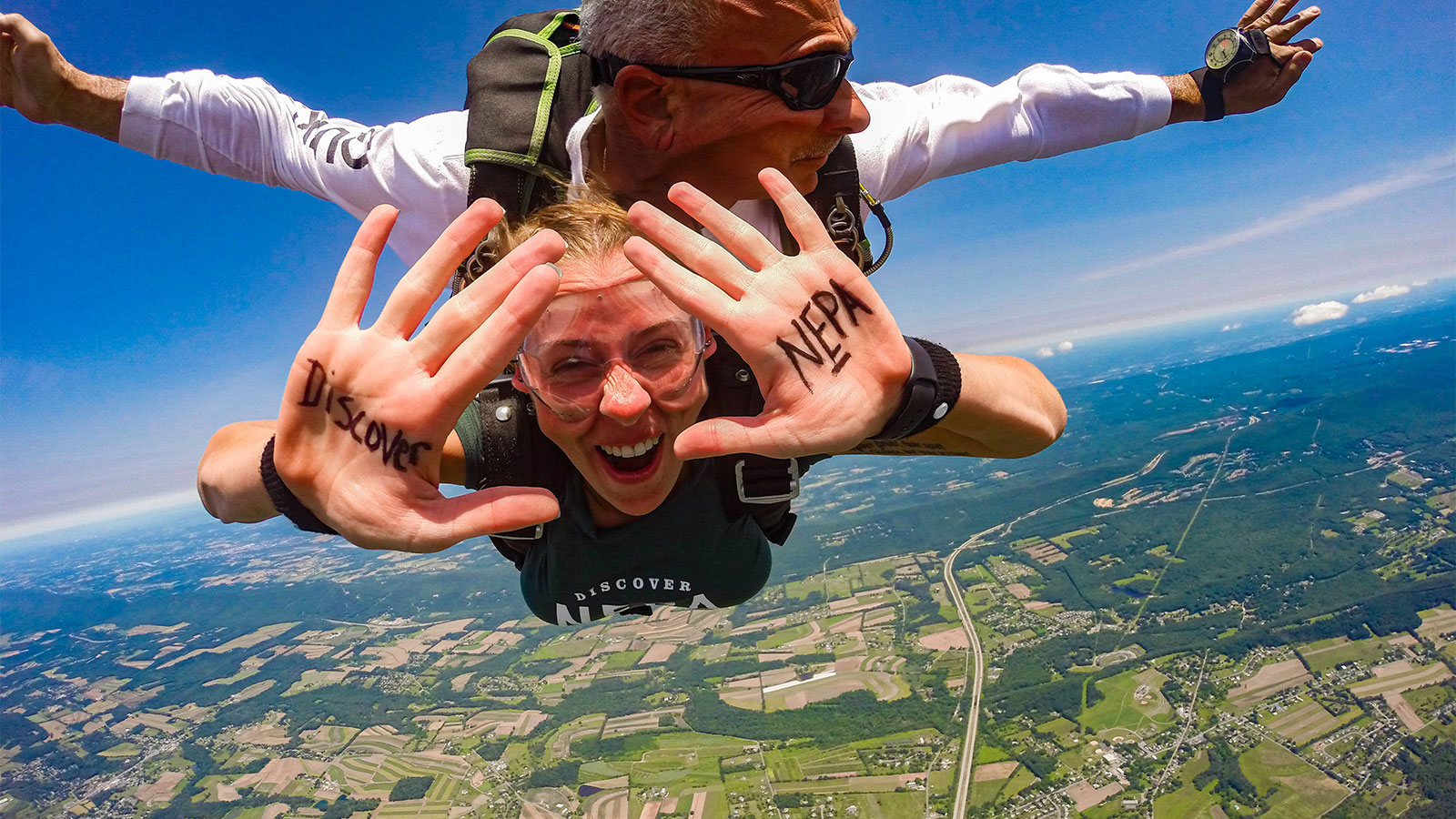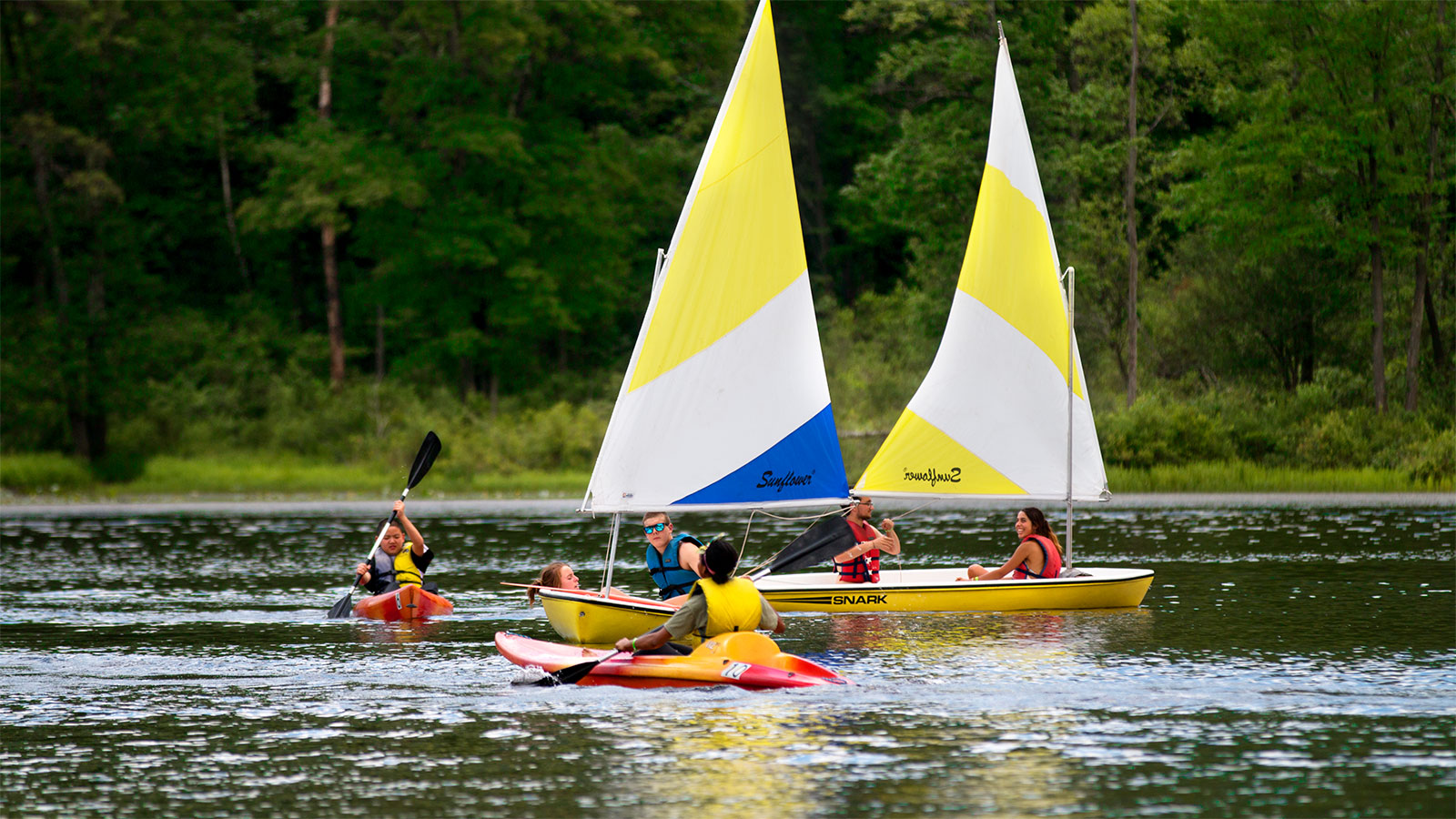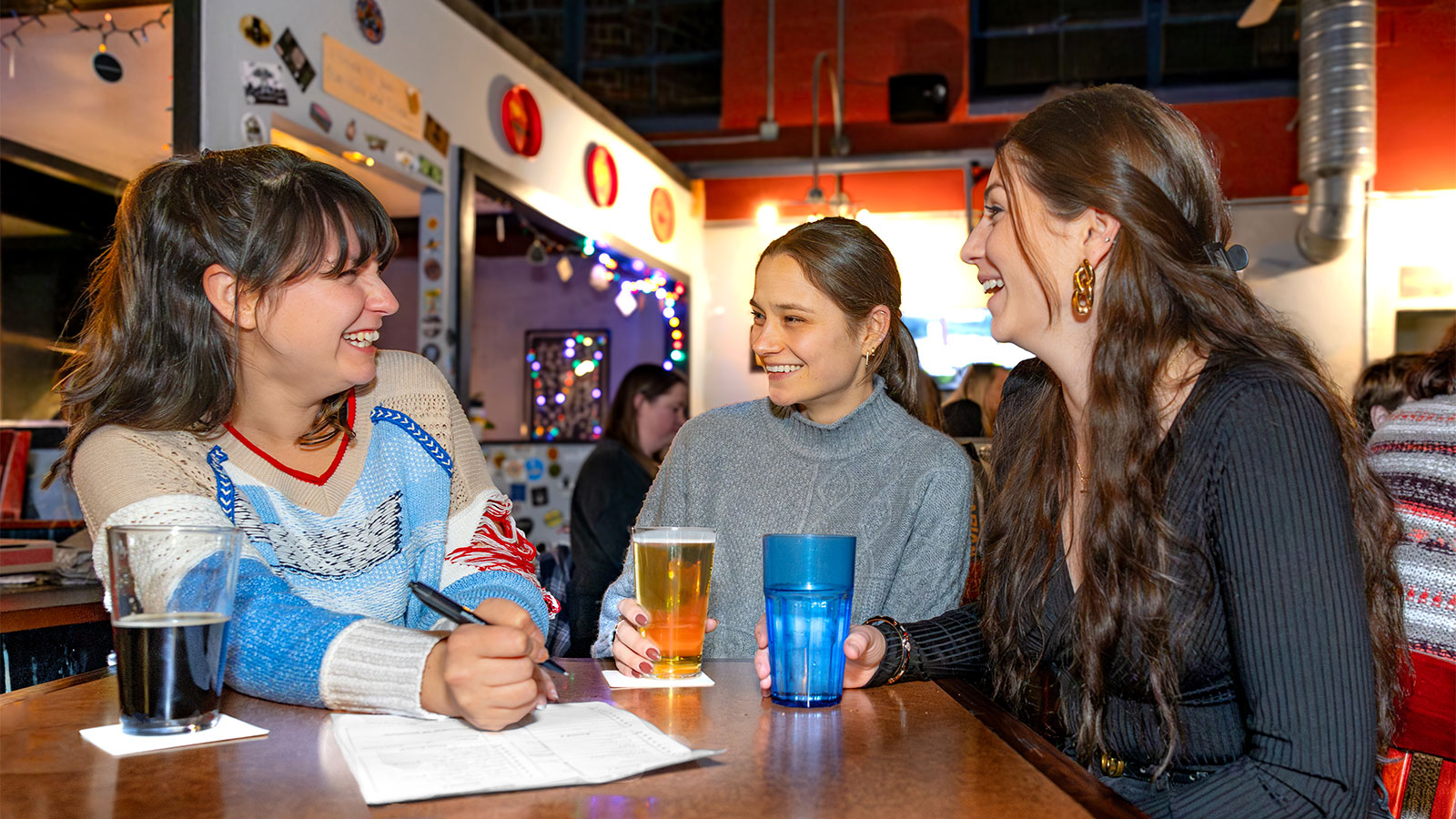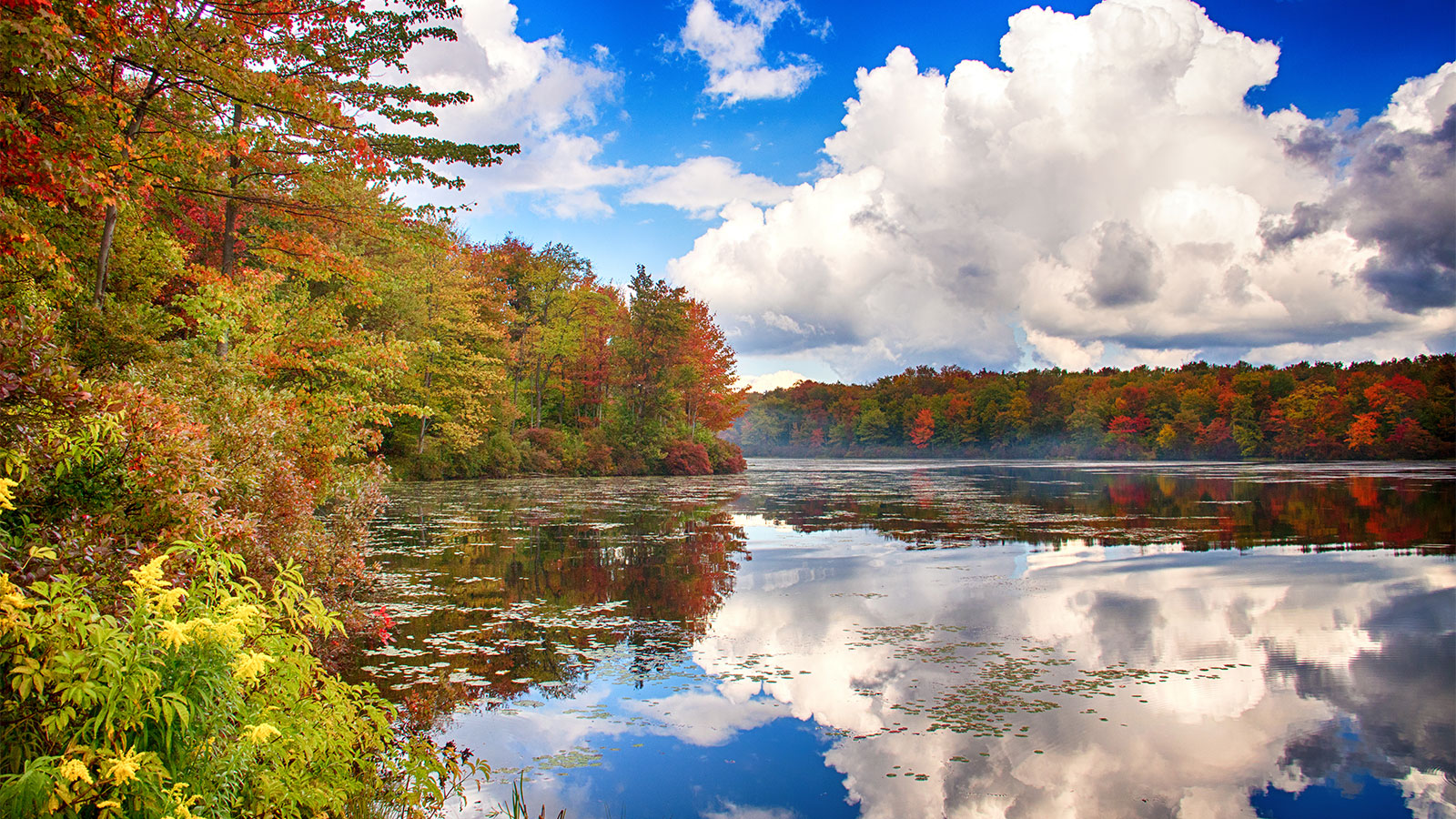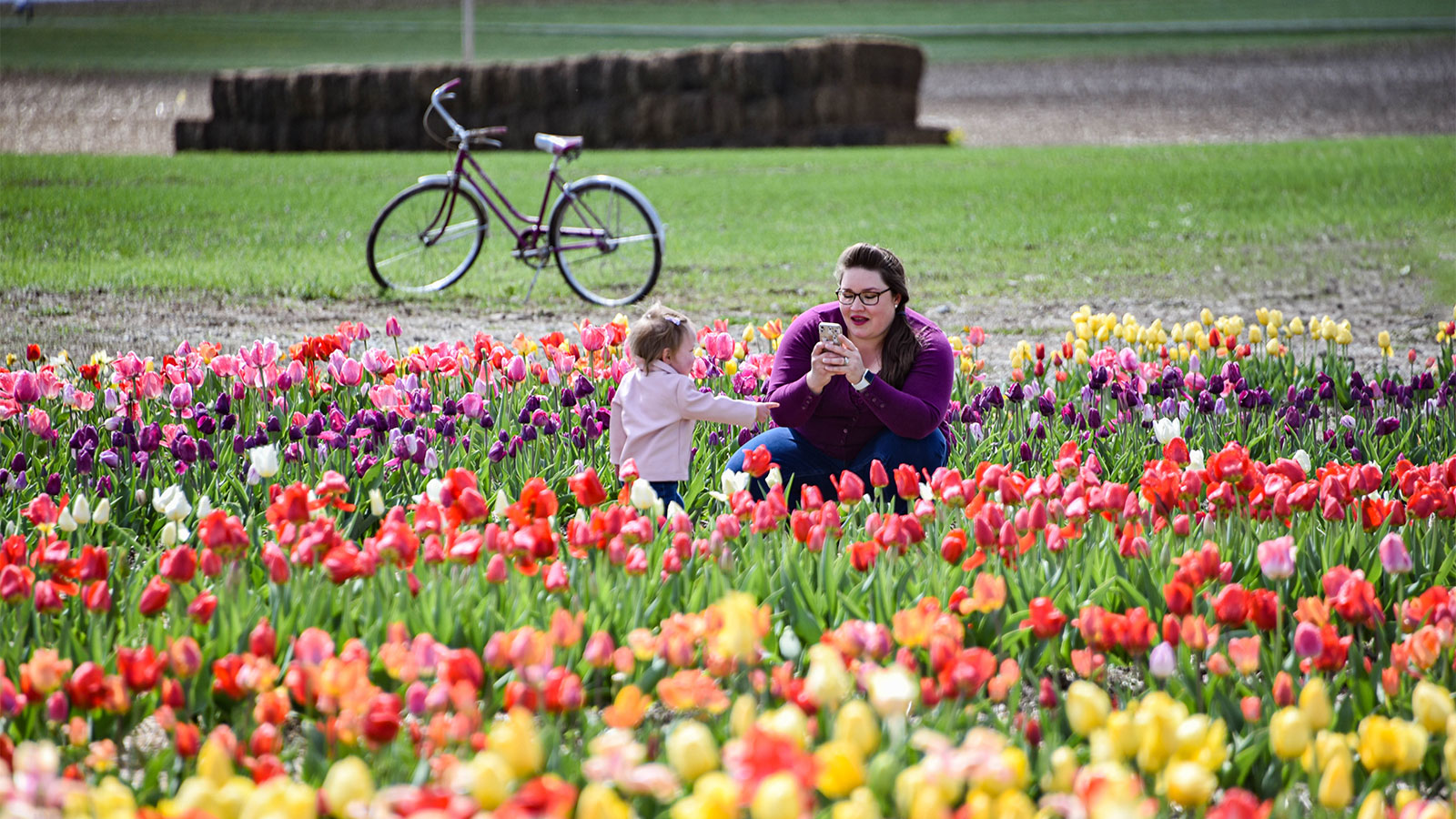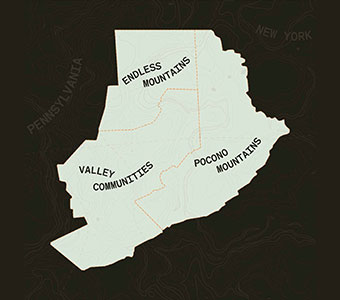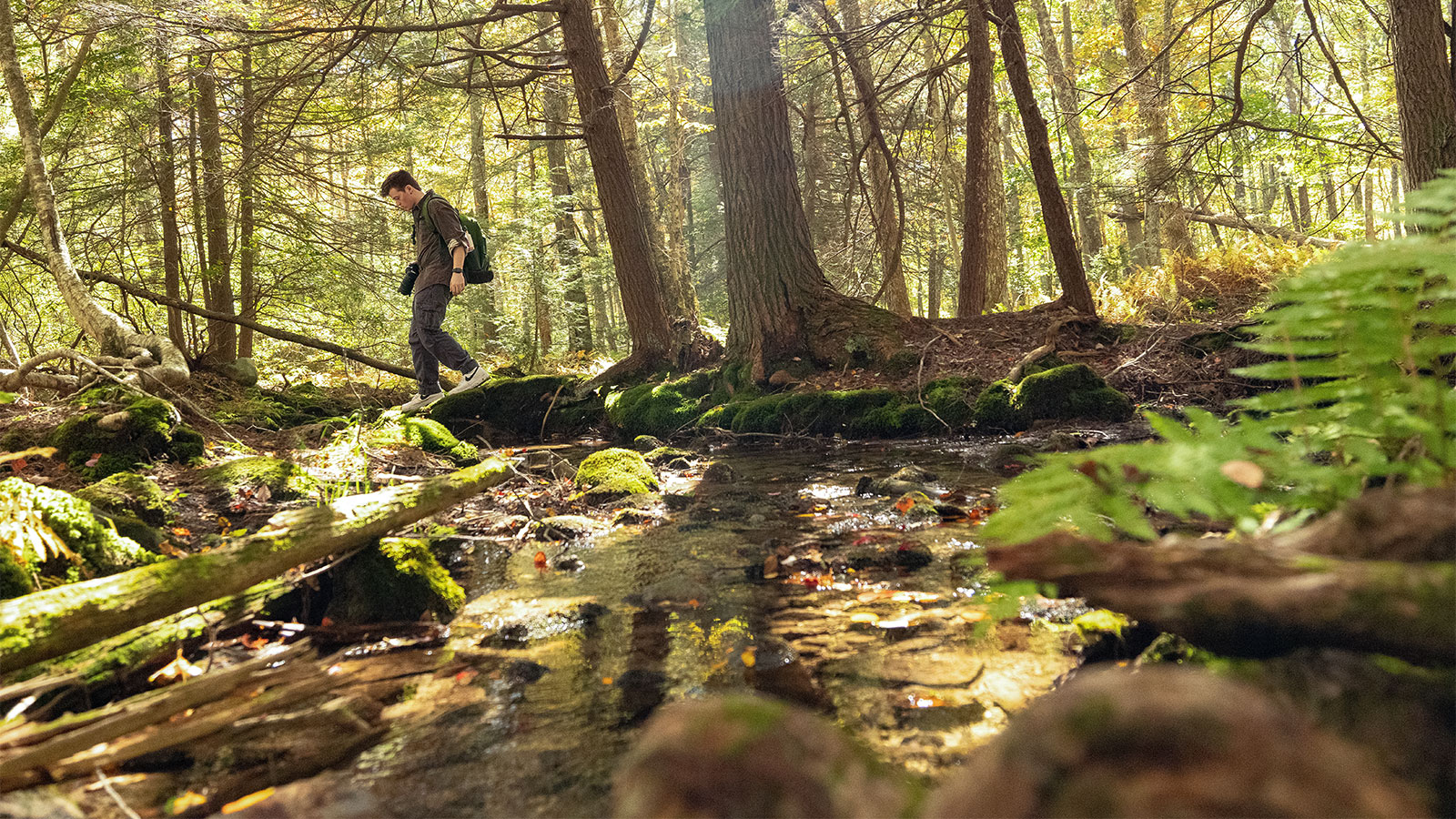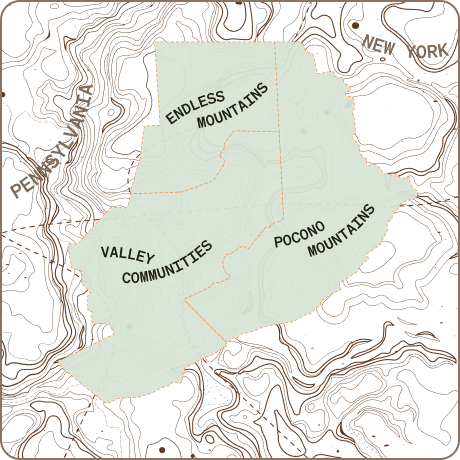“People know each other’s names here, and people care about their community. I don’t think that you find that anyplace else.”
Working as a “Professional Italian American” might sound like a dream job, but for author and historian Stephanie Longo, it’s a fitting job title. Stephanie has dedicated her career to celebrating her heritage and preserving immigrant history, both on a local and national scale. She’s written three books on NEPA’s Italian American history and has more in the works. She’s also the Associate Producer and Chief Administrative Officer of the Italian American Podcast, and you bet she’s representing NEPA.
With dual citizenship in Italy and a remote job based out of New York City, Stephanie could live and work anywhere. But she decided to stay here in Dunmore, just like the generations before her. We sat down, coincidentally, just in time for Italian American Heritage Month. Our conversation all came down to the big question: Why NEPA?
How long have you lived in NEPA?
I’m actually born and raised in Northeastern Pennsylvania. I’m a resident of Dunmore.
What’s your favorite thing to do in NEPA?
Well, being an Italian, I have to say that my favorite thing is the Italian feasts and festivals in our area. We have such an amazing array here that you’re getting a sampling of several different regions of Italy all in one. If you’re only going to one Italian American feast in our area—and I hate to pick one because they’re all very, very valid—I think that La Corsa dei Ceri (Saint Ubaldo) in Jessup is the standard-bearer for our region. The reason why is because there’s so much attention paid to getting it exact to what is going on in Gubbio. When you meet the people in Jessup, you can tell that this is in their hearts. It’s part of the collective psyche of the town. You can’t go to Jessup during that weekend and not feel a sense of pride. And not just if you’re Italian— you’re definitely going to feel Italian pride— but pride from being from Northeastern Pennsylvania. The work that they do there is absolutely outstanding, and I can’t say enough good things about that feast.
What do you love about your town?
I would have to say that my favorite thing about living in Dunmore is the fact that it’s a small town. When people tend to think of small-town America, you get this sense of a tight-knit community, and Dunmore really is that. I’m friendly with my neighbors, and that’s special in a day like today where you might not have that connection. Everybody in our community knows everybody else. They care about everybody else. If something goes wrong with someone’s family, someone in Dunmore is the first to create a fundraiser or do what they can to help this person through a hard time. People know each other’s names here, and people care about their community. I don’t think that you find that anyplace else.
What’s next for you?
Just continuing my job with the Italian American Podcast and really doing what I can to support the Italian American community here in Northeastern Pennsylvania, as well as nationally. I’m working on more books on our region’s Italian American heritage, so research projects and some really cool things. And just trying to be an active member of the community. Your community is only as strong as you make it. I feel like now I’m at a point in my life where I can start giving back and I can start volunteering. I want to get out more in Dunmore and try to support this amazing community that’s given me and my family so much. My grandfather came from Italy, and he opened a business in Dunmore. My mother had a business in Dunmore. Now I’m that next generation of proud Dunmorean, and I want to do my part.
Where do you see NEPA heading in the future?
I’m noticing, just in terms of dealing with a lot of Italian Americans, that there’s this desire to go back to their heritage and find out their roots. Genealogical research is on the rise in our community. People are subscribing to Ancestry.com, Newspapers.com and sites like that. What else are you going to do when you’re locked down? People are organizing family photos, labeling them, doing the family tree research or something else that ties them to that original immigrant ancestor that came over. I think that you’re going to see people having a stronger appreciation for local history because people are spending the time now to dive into it. I think people are going to start consulting the Lackawanna Historical Society, the Luzerne County Historical Society and the Anthracite Heritage Museum on a more regular basis once everything is opened and back to normal. COVID-19, in this sense, gave people that tie to their original heritage that they might have been looking for and didn’t have time to pursue.
Why NEPA?
Coming from a family of immigrants, NEPA was chosen for me. My great-grandfather came here to work in the coal mines. Another one came to be a shoemaker. At some point, you have to say, “Well, these choices were made for me. Now what choices am I making for myself?” And I realized they made the right choice generations ago. They chose this area because it offered something to them that no other area had, and that’s what I’m seeing. There’s an amazing work ethic that you get when you’re from this area. It’s embedded in you. I have no other way of describing it but that. I think that it comes from the immigrant history of this area, and that doesn’t leave you. Yes, I could go to New York City. I could go and work there, and I know I would enjoy myself. But this is home. At this point in my life, it’s a matter of giving back to the region that gave me so much. I would never be where I am today if it wasn’t for this region and the connections that I’ve made, the people that I’ve met and the work that I’ve gotten to do. All of that came from a choice that was made a hundred years ago, and I’m still continuing to choose that to this day.
